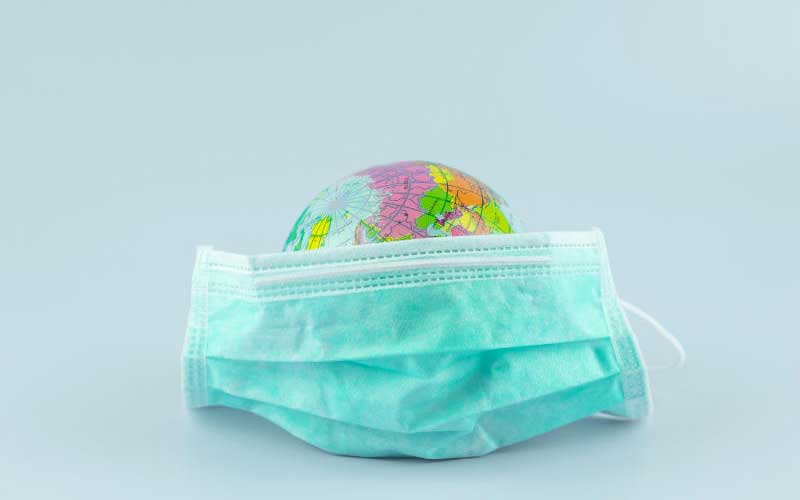×
The Standard e-Paper
Fearless, Trusted News

No single happening has ever exposed the importance of the state to the people more than the coronavirus pandemic. As a concept, the state has been under so much internal and external threats that its ability to meet its primary obligations had become questionable. Coronavirus has given the state the opportunity to redeem itself.